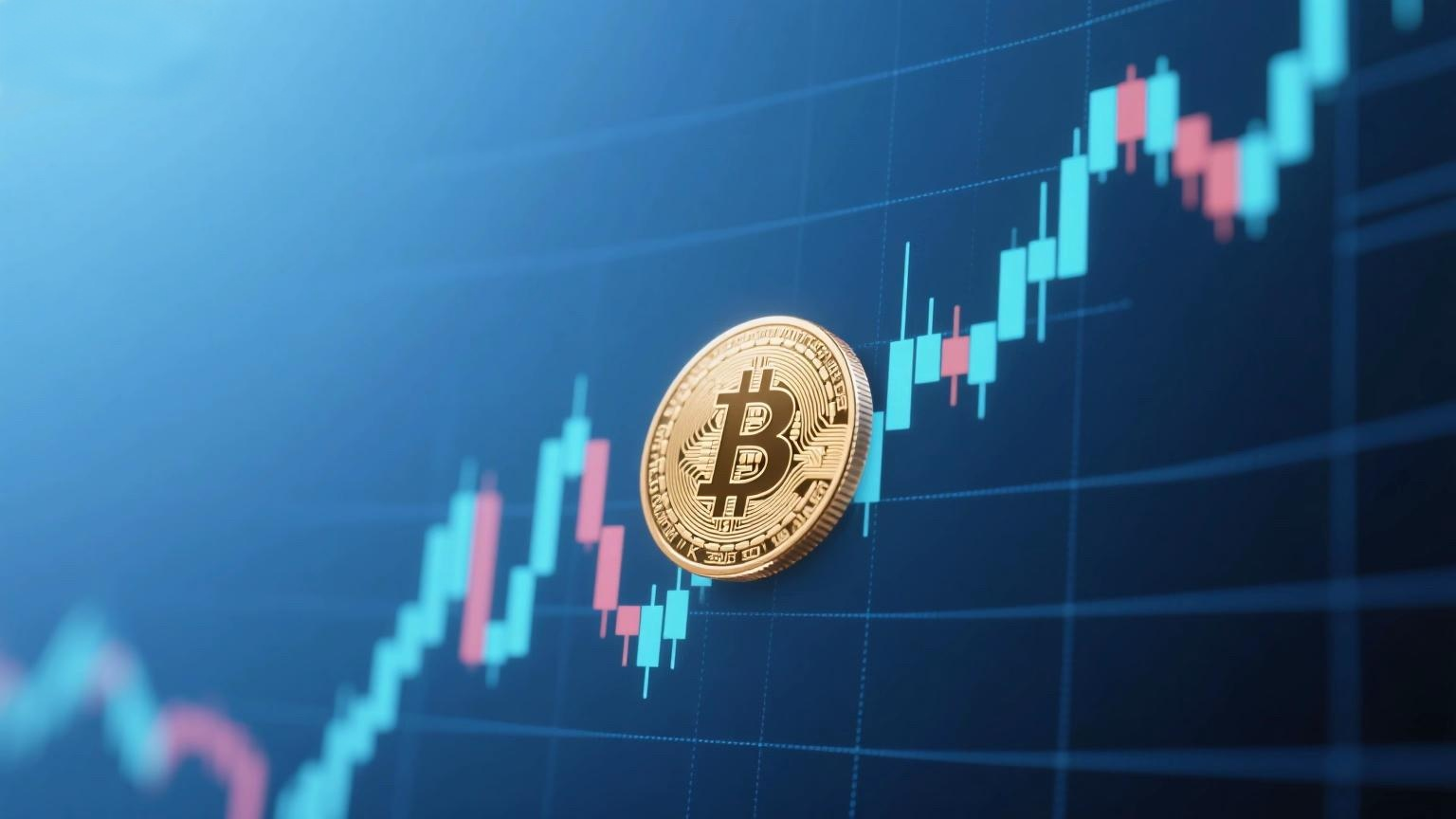
Blockchain technology is quietly transforming the way traditional stocks are held and traded. From the United States to Hong Kong, the wave of stock tokenization is sweeping across global financial markets.
Stock tokenization represents ownership of a company or asset through digital tokens on a blockchain. It converts traditional stocks into cryptocurrencies that can be bought and sold on blockchain platforms, enabling global investors to more easily access assets that were previously difficult to reach.
Ondo's tokenized stock market, Ondo Global Markets, officially launched on September 3. In the past 24 hours, tokenized U.S. tech stocks led trading volume, including:
NVIDIA with $164 million in 24-hour trading volume;
Google with $103 million in 24-hour trading volume;
Tesla with $88 million in 24-hour trading volume.
Ondo Global Markets has today added tokenized stock trading for Figma, AMD, and S&P 500 ETF, providing investors outside the U.S. with 24/7 instant access to tokenized U.S. stocks, ETFs, and other securities. Non-U.S. investors can trade 100+ types of tokenized U.S. stocks and ETFs (subject to jurisdictional restrictions). It is now live on Ethereum and will soon expand to BNB Chain, Solana, Ondo Chain, and other networks.
Imagine Apple or Tesla stocks no longer existing solely on stock exchanges but instead becoming digital tokens on a blockchain that can be held in digital currency wallets and transferred almost instantly worldwide—this is no longer a futuristic fantasy but an ongoing financial revolution.
U.S. Case: Galaxy Digital's Innovative Attempt
Nasdaq-listed Galaxy Digital partnered with Superstate to tokenize its U.S. Securities and Exchange Commission (SEC)-registered stock, GLXY, on the Solana blockchain.
This marks the first time a publicly listed company has directly tokenized its SEC-registered stock on a major blockchain. Unlike traditional tokenized products, Superstate worked directly with the company to convert SEC-registered shares into tokens.
These tokens are not derivatives or merely representative assets but actual Class A ordinary shares of Galaxy Digital, carrying full shareholder rights. As an SEC-registered transfer agent, Superstate can instantly record legal ownership on the blockchain when tokens are transferred.
Fosun Case: Guo Guangchang's $328 Million Tokenization Practice
Meanwhile, similar news emerged from the East. Fosun Wealth Holdings announced the tokenization of Sisram Medical (a Hong Kong-listed company) shares, valued at $328 million.
The project utilizes Vaulta's "Banking Operating System" and integrates Solana into its issuance and settlement technology stack. Sisram Medical is an Israeli medical technology company, making this a significant case of tokenizing shares of a Hong Kong-listed company.
Operational Mechanism: How Tokenization Works
The core operational mechanism of stock tokenization typically involves three key steps:
-
Asset Anchoring: A trusted institution (custodian or broker) holds the actual shares as reserves and issues a corresponding number of tokens on the blockchain.
-
Compliance Design: Regulatory rules are embedded through smart contracts, ensuring that only qualified investors who pass KYC/AML verification can hold and trade tokens.
-
Transaction Settlement: Tokens can be bought, sold, and transferred like cryptocurrencies, with their value pegged to real-world stock prices. Settlement is almost instantaneous.
RWA leader Ondo is ushering in a new era of stock tokenization, launching the "Wall Street 2.0" plan to initially list hundreds of tokenized stocks in bulk, with plans to exceed a thousand targets by year-end. This aims to create the world's first large-scale on-chain stock trading ecosystem supporting 24/7 trading.
Its innovative model involves: U.S. brokers holding physical stocks as collateral, enabling instant token minting and redemption overseas. By directly connecting to stock exchange liquidity (without creating new on-chain liquidity pools), it ensures each token is 1:1 backed by real stocks. All on-chain transactions automatically trigger synchronous off-chain operations by brokers. This design ensures immediate liquidity and explains Ondo's technical advantage in rapidly achieving large-scale on-chain implementation.
Currently, the tokenized stock market is still in its early stages, but products like bCSPX, bCOIN, and bNVDA issued by Backed already account for nearly 90% of the value of tokenized stocks.
The financial world is undergoing an on-chain transformation. The integration of traditional stocks and blockchain technology is opening up a new era of more efficient, transparent, and globalized financial markets.
















